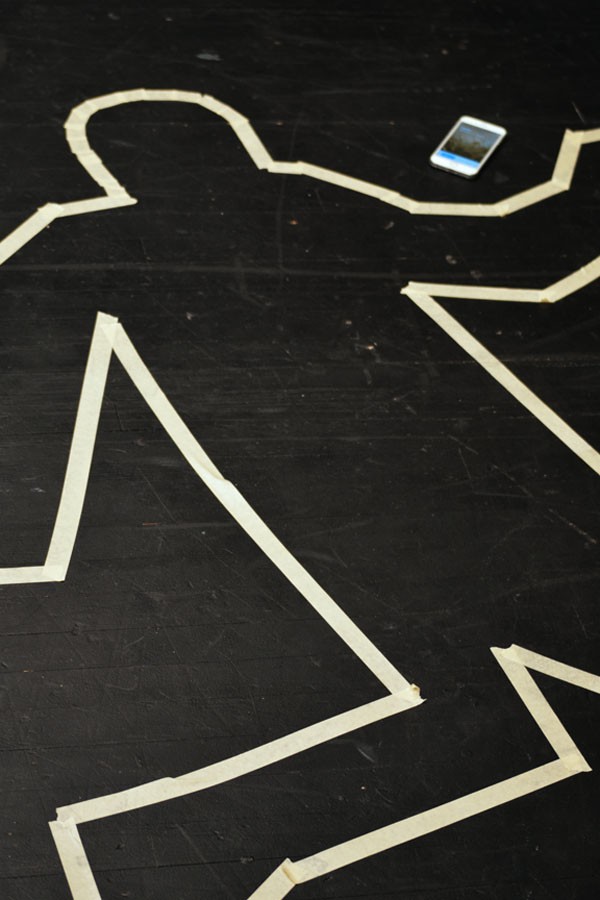What should you do with your online afterlife?
January 28, 2015
While this is a morbid topic, and many teens feel that they are jinxing themselves for thinking about death, decisions need to be made today. What happens after you die? Your parents will take care of the funeral, but who will take care of your online life, and what do you want them to do with it?
It is a harder choice than one would think.
Do you tell someone that you trust every time you update your passwords? Do you even write down your passwords? If you never tell anyone or write them down, who will be in charge of your online afterlife?
On the other hand, if you don’t tell anyone your passwords and you pass away in a freak accident, who would know what to do with your Facebook profile? How would anyone access it? They need to know your final wishes if you want to keep it up so people can grieve (by computer). If they don’t know your wishes, they might cancel the account, that is, if they can even log on.
Your body might be gone, but you live on; you have a second life, on the internet. Most people have an opinion about what family and friends should do with this online life, but few make a plan.
There are really two choices to make: Decide whether you want your online life to stay live or be deleted. And decide who should be in control or monitor your life after death.
As a 17-year-old, I know that I do not have a will, nor do most people my age. I also know that I do not know all the information about what has to happen with a will or how to set one up. All the information I know about wills comes from Harry Potter when Dumbledore dies.
However, I believe that all wills should now have who should be in charge of your digital life after you die. That way, one person will have all the passwords.
Delaware is the first state to pass a law, the Fiduciary Access to Digital Assets and Digital Account Act (HB 345) that allows the designated family member or representative to control digital accounts after a death. I hope more states follow their lead.
If you leave your self online and have that designated person monitor your accounts, that allows people to grieve.
But it doesn’t keep strangers from hacking the deceased’s account. Called “RIP trolling,” one couple experienced this after their 15-year-old son died from drowning in Lake Michigan. One comment on the page said, “LOL u drowned you fail at being a fish.” The parents were horrified. I would not want my grieving family to experience this.
What about parents? When they finally look at your Tumblr posts, will you be glad you are not there to explain?
Personally, I would have everything deleted (not that anything you post online is completely erased anyway).
I don’t have experience with Facebook friends who have passed away. I have never had to deal with seeing a message that says, “Say Happy Birthday to Kate.” That would release all of my grief again.
My mother, Sue Huston, had a friend who passed away a couple years ago and that women left all of her information to her daughter. Her daughter chose to keep her mother’s Facebook online so that her daughter could post pictures and memories on her mother’s wall and say things like “Happy birthday, Mom. I miss you.” This is a way for the daughter and the mother’s friends to grieve over the loss. For my mother, every time the name pops up, she feels like she has heard the news of her friend dying all over again.
Others have lost friends whose Facebook or other social media accounts have never been taken down nor have they ever been accessed again. This might be because no one knew the password.
Benjamin Franklin said, “In this world nothing can be said to be certain, except death and taxes.” I wonder what he would tweet about this problem today?






